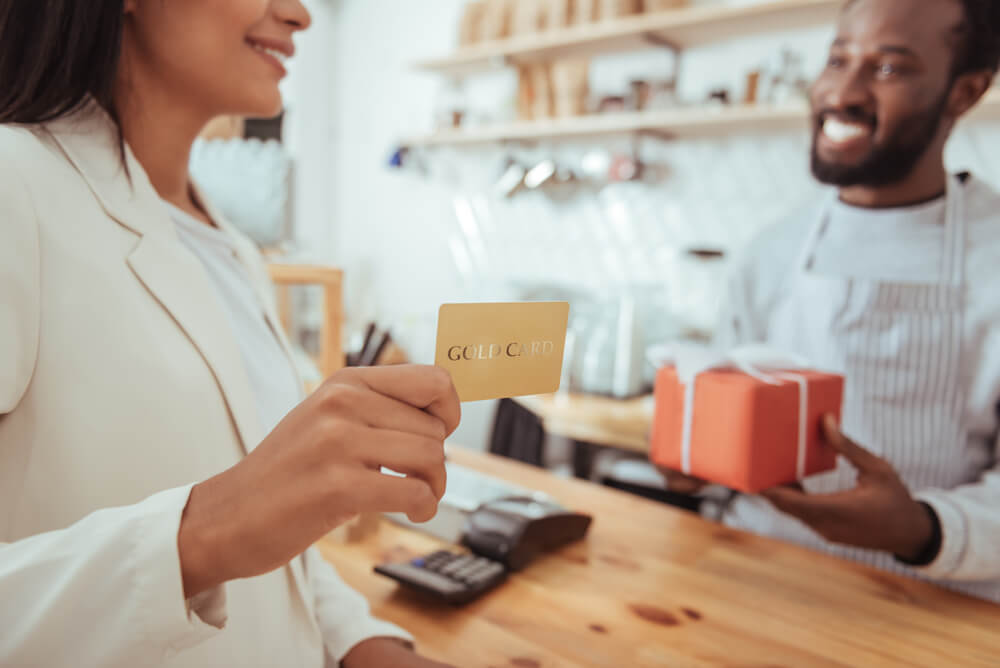by Jim Coyle, Coyle Hospitality Group
Cannabis dispensaries are at a crucial inflection point: as dispensaries become ubiquitous in consumer markets, the stigma of purchasing cannabis products is declining rapidly. What does this mean? Cannabis consumers with significant discretionary income are ready to begin with their first dispensary experience.
It is absolutely crucial to acquire these customers early in the lifecycle before your competitors capture them. The good news is that this first experience offers incredible potential to create a loyal and accretive customer. The bad news is that it is really easy for the cannabis dispensary to completely blow it.
Let’s take a page out of the luxury hotel operator playbook. They really get to know new guests, and they use what they learn to mint those guests into repeat customers who continually increase spend and refer like-minded customers.
Hoteliers talk and strategize about the Guest Journey. They track the touchpoints that guests encounter during the stay, and create service standards (like the 10&5 Rule described below) for these ‘moments of truth.’ For your staff, the Guest Journey begins with arrival and ends with departure.
Here’s how the best hoteliers prosper, and how cannabis dispensaries can participate.
Watch What You Say. Words Matter.
Terms like users, consumers and customers are words that don’t exist in hotels. Their customers are guests. And here is why that is both useful and critical. Every person in every culture receives guests, not customers, into their homes. Your staff needs to be thinking that the dispensary is their home and they are receiving guests there.
The 10&5 Rule: Know it, Love It.
When guests are in the proximity of a staff member, staff makes eye contact at 10 feet and greets first at five feet. Also called ‘having your radar on,’ ensure your staff understands this golden rule and practices it. Never burden your guests with having to begin a guest interaction. Extra credit if your staff acknowledges guests in line.
Make Curb Appeal, Curb Capture.
Details matter. Signage is where new guests’ eyes go first, and it should look professional – perhaps even homogeneous. Funny names, caricatures and double-entendres risk alienating new customers before they pull into your lot. The quality of the signage must absolutely be pristine. Chipped paint, dirt, or poorly lit signage sends out a constant radio signal that a business doesn’t pay attention to presentation or detail.
At a luxury hotel, the grounds are impeccably maintained and the point of entry is like a stage. You don’t need a grove of regal palm trees in your drive to make a good impression, but neatly cut grass, a perfectly maintained parking area, sidewalks free of cracks, and a front door that looks well cared for are table stakes.
Make Your Doorman a ‘Welcome Man.’
Often, dispensaries have a staff member at the door checking identification. It’s a mistake to view this interaction simply as compliance. If the door staff are provided a seat or something to rest on, have them rise to their feet when a car pulls in and make sure they hit the 10&5 every time.
Have you ever arrived at any hotel and seen the door staff sitting down? People interact naturally with each other standing up, ‘in-person.’ New guests are going to learn a lot about your dispensary from this initial encounter with your staff. Don’t blow it by making it solely about checking ID. Checking an ID is a transaction. Welcoming a guest is engagement. Speak in full sentences and start with a greeting. “Good morning/afternoon/evening” works every single time, and why not add the word ‘welcome’ to set the tone? Eliminate the meaningless ‘How are you?’ and do away with the command, ‘ID Please.’ First impressions are everything!
There is no need to be stiff or formal, but retire phrasing like ‘no problem,’ ‘thanks guys,’ and ‘how are you doing’?
‘The Luxury Concierge’ Starring Your Budtender.
The concierge is central to the luxury hotel experience. Concierges are experts as it pertains to everything a guest needs, but they are much more than that. A concierges’ main purpose is to surprise and delight guests. Why? Because surprise and delights create deeply emotional reactions that not only last a long time, they lead to storytelling.
In order to surprise and delight, the concierge/budtender must first be disarming and approachable (10&5 Rule, again). A real smile, focused eye contact and at-the-ready posture tells the guest ‘you can trust me.’
Next, the master concierge/budtender will engage and connect by reading the guest for cues, asking relevant questions, and then – and only then – beginning the collaboration. In a hotel, the family of four shlepping suitcases gets the same greeting as a tense-looking businesswoman… but the master concierge offers them very different surprises and delights.
‘What and how’ questions are the cornerstone of collaborative guest interactions. Asking questions that can be answered with a simple ‘yes’ or ‘no’ is not only unproductive, but it can be misleading. ‘What brings you in today?’ is so much more powerful than ‘can I help you?’
With the above said, it is so important for your staff to be authentic. Stay away from scripts, and insist on outcomes. Let the guest do most of the talking; your staff needs to be using their eyes and ears – not their mouths – as meaningful guest interactions start to unfold.
For instance, when a guest asks a concierge for a restaurant recommendation, it doesn’t just end there. The concierge will instead ask what kind of restaurants they like, if there are places in which they are already interested, who will be dining, or if there is a special occasion. Within 30 seconds, the concierge can learn that the guest is celebrating a birthday and that people in the party don’t like noise.
A good rule of thumb is to answer a question with a question that advances trust and engagement. ‘Do you have edibles?’ is better answered with, ‘Certainly, we have a lot of varieties that are popular, what types of edibles are you interested in?’
Guest Appreciation Equals Business Appreciation.
Okay, so the guest has arrived and had a positive first impression; your budtender probed a bit and has the guest excited to go home with some really great products. Don’t let this end on a transactional note dictated by the payment process.
Appreciation needs to be shown before the payment begins, making it a singular, impactful act. Don’t let meaningful guest appreciation get muted or lost in the process of exchanging payment for goods. So many retail transactions end with the tasks of discussing payment, bagging products, and closing out the sale.
Thank the guest for coming in today. You can compliment and/or thank them for sharing useful information with you. You can express your enthusiasm for the purchase decisions they made.
Your new guest has just agreed to trust you and your team with their health and lifestyle. Again, avoid scripts, but challenge your staff to create an outcome where the guest really feels appreciated.
Ask for More Business.
What’s the best thing you could hear when you have had a great stay somewhere? An invitation back.
People love to be invited back. Instead of, ‘thanks, come again,’ why not tell the guest that you can’t wait to hear how they like the gummies, or ask for feedback when they return. Pairing the invitation to come back with a request for feedback is how a relationship with your customer is made.
Hire What You Cannot Train.
Time and again, top hotels hire great people. And while training and learning/development is central to hospitality, there are some things you simply cannot train people to do or be. When we ask leaders about their best staff members, the following traits consistently arise:
An Innate Desire to Help.
The best staff are the first to hold a door, offer directions and clean up the dishes. They don’t have to be trained to jump in and help.
Curious Extroverts.
The best hotel staff lean in, they like talking to people and are not afraid to chat with surgeons, duck hunters, auto mechanics, and hospital patients about anything.
Passion for the Experience.
Ask a potential hire what they love most, and they will undoubtedly talk about great experiences and great relationships. They like having a great time and they want others to feel the same.
 Founded in 1996, Coyle Hospitality Group is a market leader in designing and implementing mystery shopping, quality benchmarking, brand compliance and market research programs globally. The company has facilitated over 200,000 evaluations since its inception through its worldwide panel of over 35,000 professional evaluators representing its clients’ true customer profiles. Areas of expertise include cannabis dispensaries, restaurants, hotels, resorts, retail, cruises, spas, timeshares, and other high-touch experiential industries.
Founded in 1996, Coyle Hospitality Group is a market leader in designing and implementing mystery shopping, quality benchmarking, brand compliance and market research programs globally. The company has facilitated over 200,000 evaluations since its inception through its worldwide panel of over 35,000 professional evaluators representing its clients’ true customer profiles. Areas of expertise include cannabis dispensaries, restaurants, hotels, resorts, retail, cruises, spas, timeshares, and other high-touch experiential industries.
Jim Coyle has developed and deployed customer experience and brand measurement programs for over 500 companies in travel, property management, cannabis and healthcare. Jim is especially passionate about hospital patient experience and the ever-evolving consumer interest in experiences.


Follow NCIA
Newsletter
Facebook
Twitter
LinkedIn
Instagram
–